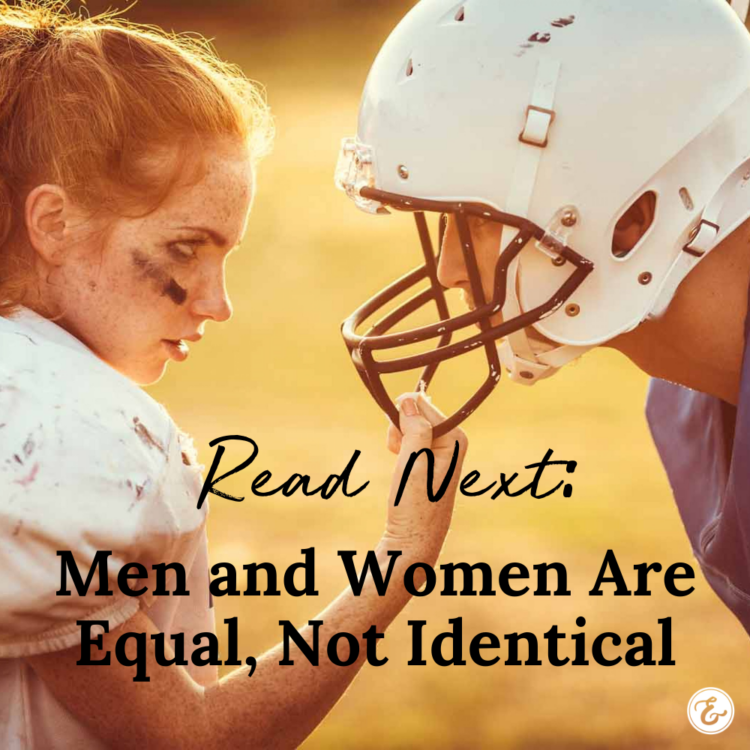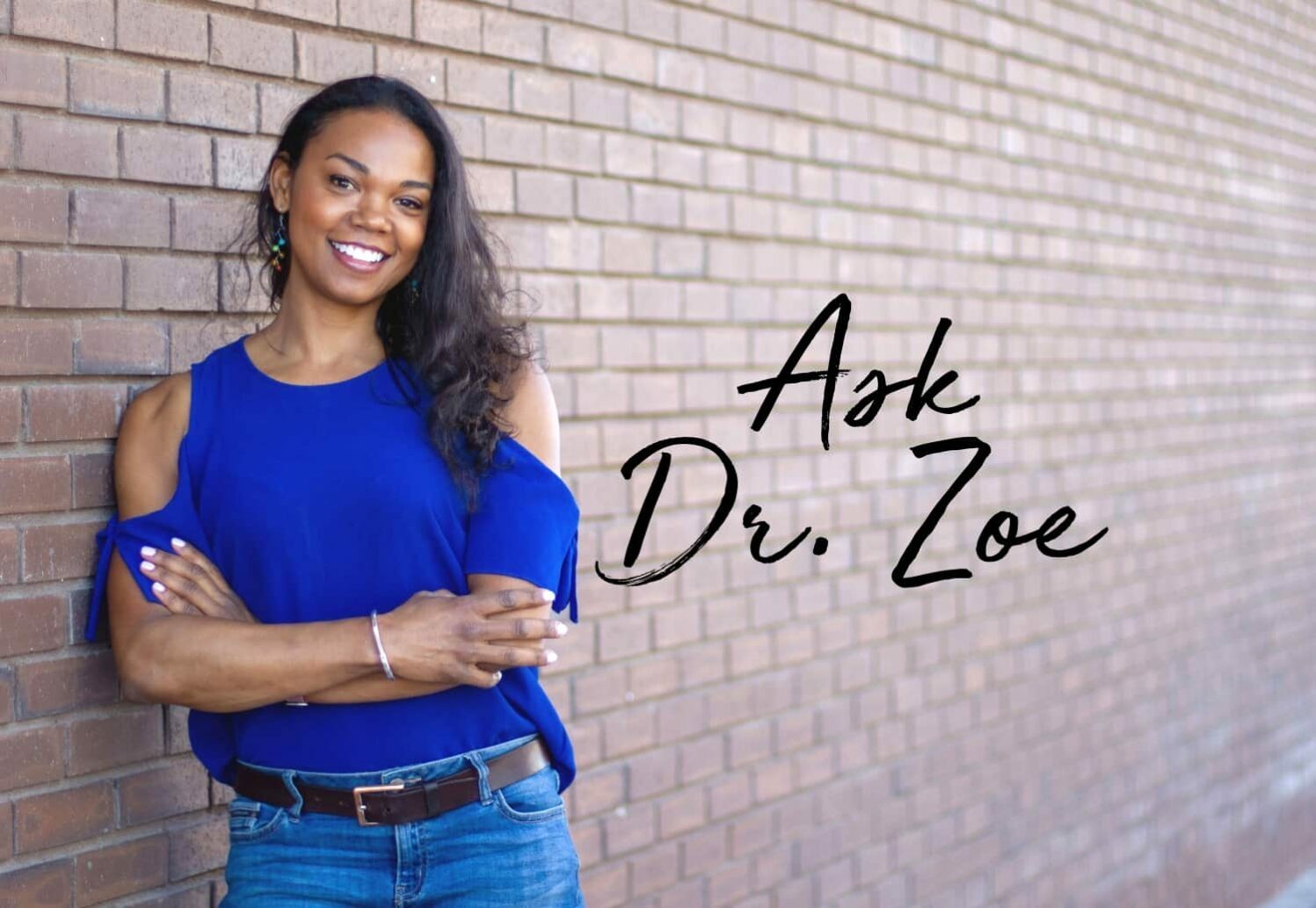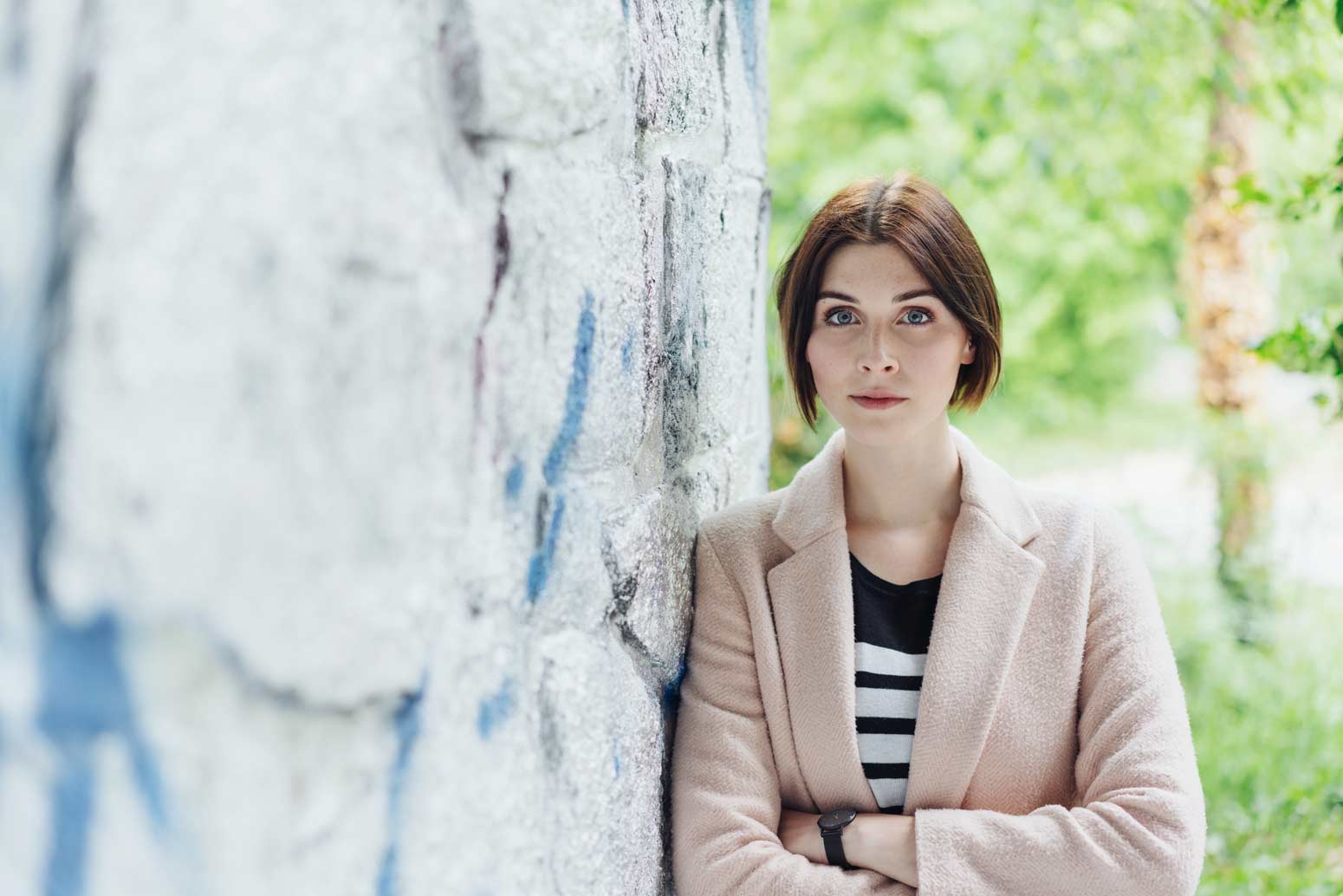What is a woman?
It’s a simple question, but our culture tells us that an irrefutable definition no longer exists. Common responses to this question are currently broad, often changing, and entirely confusing. When the definition of a woman is skewed by those who wish to replicate our gender, all the strides women have achieved suddenly become meaningless. The beauty of God’s creation is diminished. Women are being forced to the sidelines, marginalized, and asked to accept a caricature of who we are.
Are Women Being Marginalized?
It’s not only the adult women who have fought for equal opportunity who experience harm. Our daughters will suffer as well. Our original battles—career opportunities and sports competitions—allowed us to pursue a place in life without leaving our gender behind. Positions of success and acceptance in many arenas became ours in the same way as our male counterparts.
We strove for confidence as women, embracing and celebrating our unique nature. But girls today are being told their nature is not unique; it is not treasured, because that nature can be easily replicated, no matter the information on the birth certificate.
The problem with this thinking is that a woman cannot be replicated. When hormones, surgeries, and clothing determine what a woman is, what do we have left? No longer celebrated or allowed to compete with only those of our biological sex, we are unable to rise to the top of what our gender can accomplish. We become marginalized—something I cannot accept.
Gender Dysphoria—Is it the End All, Be All?
 I am also grieved about what is happening to those who are confused about their gender, both genders. I wonder what the consequences will be for some of their decisions. Those who feel so dissatisfied with themselves that they participate in gender fluidity or total gender dysphoria, where they are willing to surgically remove breasts, shave bone structure from faces, and take hormones the body cannot produce. Some even choose to begin a regimen of the same drugs used for the chemical castration of sex offenders. Our bodies are amazingly resilient, but we have yet to see the long-term consequences of these steps—physically and emotionally.
I am also grieved about what is happening to those who are confused about their gender, both genders. I wonder what the consequences will be for some of their decisions. Those who feel so dissatisfied with themselves that they participate in gender fluidity or total gender dysphoria, where they are willing to surgically remove breasts, shave bone structure from faces, and take hormones the body cannot produce. Some even choose to begin a regimen of the same drugs used for the chemical castration of sex offenders. Our bodies are amazingly resilient, but we have yet to see the long-term consequences of these steps—physically and emotionally.
I genuinely believe we have the right to make life decisions and live with the consequences, good or bad. But I cannot accept or even understand the damage being done to the entire population by the insistence that gender is an identity or a choice, not an identification at birth based upon biology. Nor can I believe that the only answer to depression or thoughts of suicide is these drastic medical alterations that are encouraged, often by creating fear that the only alternative is suicide.
I have personally experienced the loss of someone I loved to suicide. It’s a complex problem that requires more than what appears to be a definitive medical and identity fix. It includes challenging mental health, feelings of worthlessness, and a destroyed heart.
Beauty in Original Creation
I know that God made the genders perfectly and wonderfully—each special, meaningful, and created to fulfill roles by the nature He has placed within them. It is breathtaking and wonderful. When embraced, we become stronger, more confident, and able to accomplish our place in life.
When denied, we lose our identity and question our worth. Like many others, slipping down this road that denies God’s intent on His unique creation leads to more significant consequences than physical change. It leads to a change of heart for those who follow that path and those who encourage it.
History has shown that sidelining women, as this new sexual confusion does, leads to more profound hurt and harm to our gender. Once again, our gender is being subjugated to a cultural “lesser than” status, easily replicated with the same value and rights.
As a woman of faith, I adamantly believe and know there is no lesser than in humanity. Every human is beautifully and wonderfully created as we are, not to be divided and pitted against one another but celebrated in our original beauty.
But here we are now; what should we do?
So, What Should We Do?
I would start by protecting our children. Many of our daughters are encouraged to question their gender identity, many times through a hidden system—entities and individuals who refuse to include parents in the discussion.
These girls often suffer feelings of dissatisfaction, believing they are not enough. Not pretty enough, not female enough. In many ways, “not enough.” Let’s remind our daughters that females are not monolithic. They are not to be valued by their appearance or others perceptions. Nor are we alike in what we can accomplish. But capable in all ways, we are.
When hormones, surgeries, and clothing determine what a woman is, what do we have left?
May we teach our children the beauty and distinction of our genders. Exactly as God made us. Without limitations. May we also teach each daughter her worth. Every girl (and boy) is wonderfully made with talents, abilities, traits, and a nature that has a place to fulfill. Holding to the characteristics of the gender they are truly blessed with.
Then, can we stand with and love those who are hurting? Of course. We can and we must. There is another answer we can offer to these broken hearts. That is embracing the beauty of exactly who they already are, realizing it’s not a mistake to be rectified. Presenting them with Christ who treasures them, understands them—every thought and doubt—and, right where they are, offers His unfailing love.
I understand it’s not a simple path to quiet this confusion—to help individuals gain confidence and self-worth. It’s not easy to speak into this conversation. But would we consider the surgical, hormonal road simple or easy? Not at all. So we must do all that we can, with love.
Finally, we will stand on a platform of truth. That’s all we have of value in this world. God’s truth has never been a platform of harm or hurt, nor is it today. It is a place of refuge, hope, and freedom. He loves us exactly where we are and exactly who we were made to be. And so should we.
—
Our expressions of femininity are dismissed as being outdated, social constructs. Here’s how we can push back: Can You Embrace Your Femininity In a World That’s Against It? – 171












